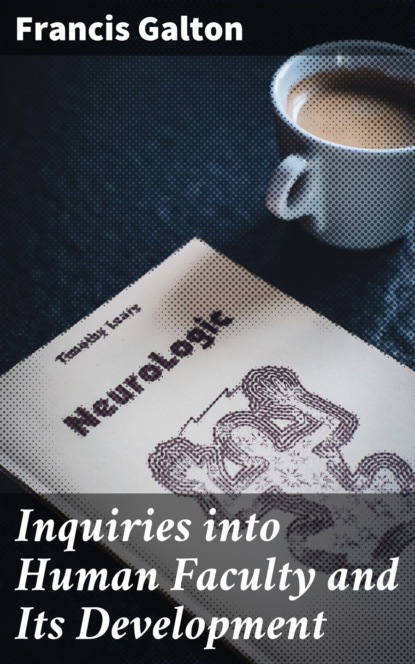Volume 380 pages
0+
Inquiries into Human Faculty and Its Development
About the book
In «Inquiries into Human Faculty and Its Development,» Francis Galton boldly explores the intricacies of human abilities and the factors that influence their evolution. Published in 1883, this pioneering work delves into a vast array of topics including heredity, intelligence, and the measurement of personal attributes, employing a quantitative approach that foreshadows modern psychology and statistics. Galton's literary style is characterized by rigorous analysis and a provocative inquiry into the nature of human potential, set against the backdrop of a Victorian scientific landscape eager to understand the capabilities that define humanity. Francis Galton, a cousin of Charles Darwin, was heavily influenced by the emerging theories of evolution and heredity, which profoundly shaped his thinking. His background in mathematics and his extensive travels to study diverse populations equipped him with a unique perspective on human differences. Galton's quest for understanding human capabilities was both scientific and personal, as he sought to discern how nature and nurture interplay in the formation of human faculties. This seminal work is highly recommended for scholars, psychologists, and anyone fascinated by the origins of human potential. Galton's inquiries not only reveal the early intersections of genetics and psychology but also challenge readers to consider the implications of human faculties in contemporary society.
